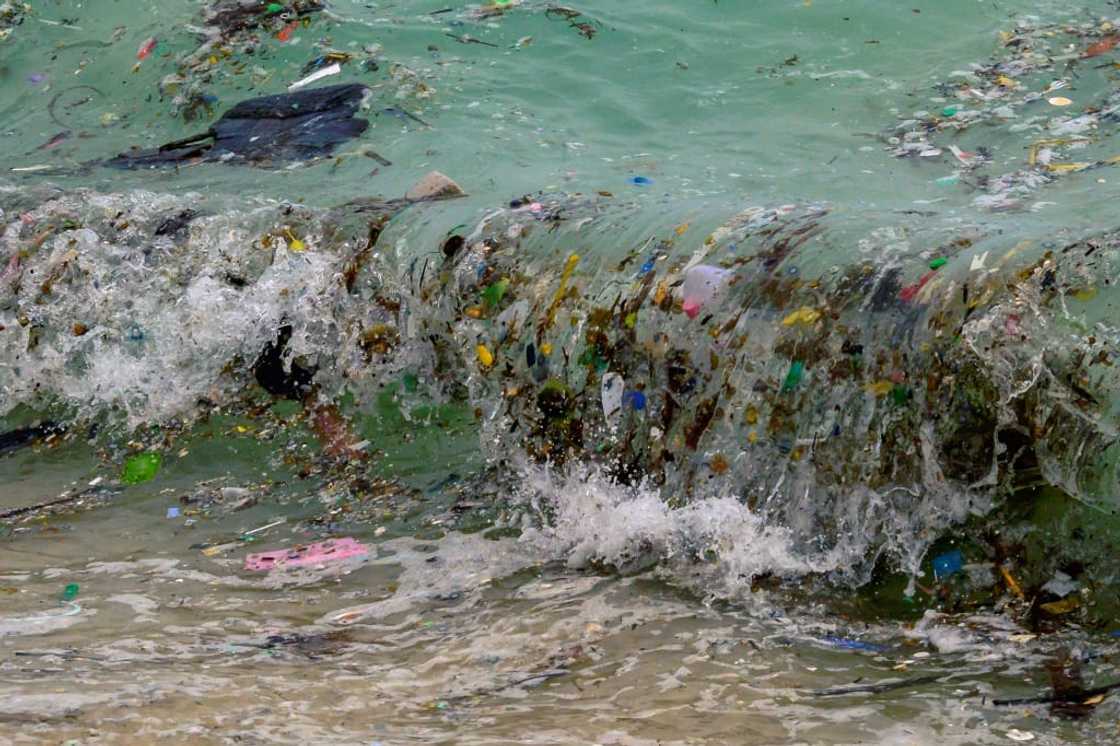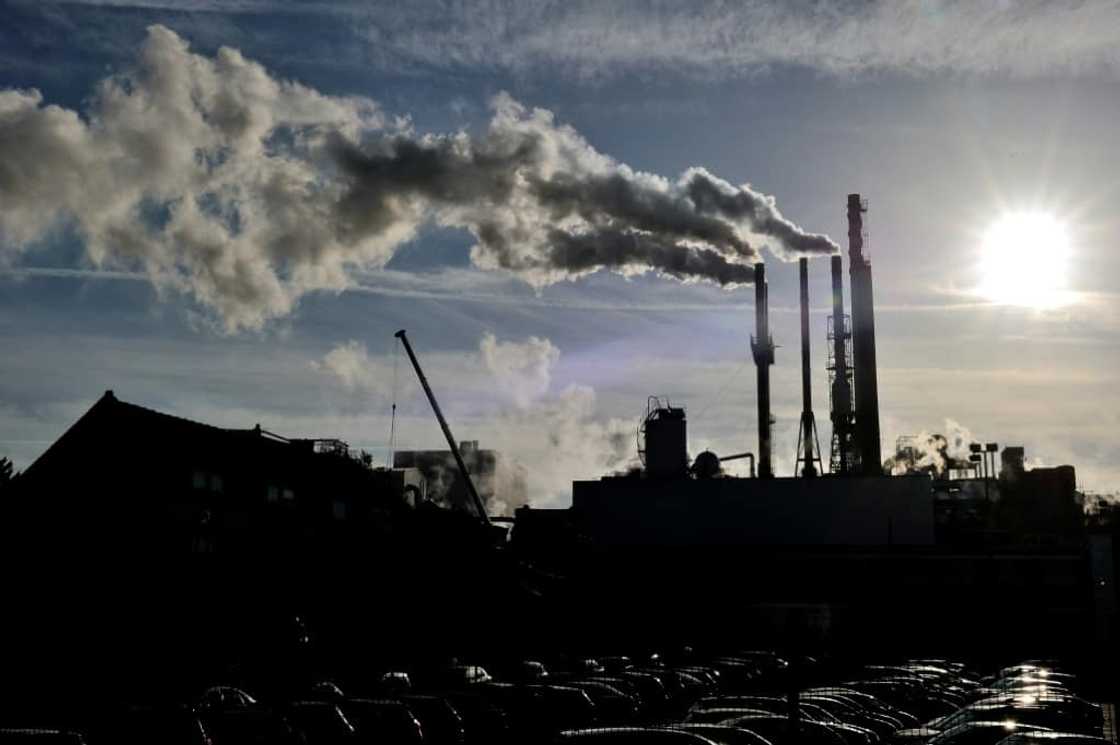Far-reaching UN treaty a must to cut global plastic use: experts

Source: AFP
PAY ATTENTION: Celebrate South African innovators, leaders and trailblazers with us! Click to check out Women of Wonder 2022 by Briefly News!
Only a bold and ambitious UN treaty with sweeping reforms of the entire plastic life cycle can stem the world's waste crisis, experts said Monday.
Even if measures thought to have the greatest potential for reducing plastic consumption are implemented, they would still fail to prevent a substantial rise in plastics production and use, they warned in a report.
A year ago 175 nations agreed to end plastic pollution by crafting a binding UN treaty, which could come into being as soon as the end of 2024.
Among the key actions under negotiation are a global ban on single-use plastic items, a "polluter pays" scheme, and a tax on new plastic production.
But even with these policies there is a "considerable" possibility the treaty "will be too weak to bend the consumption curve downward", the authors said in a statement.
On current trends, plastic use will nearly double from 2019 across G20 countries by 2050, reaching 451 million tonnes each year, according to the report, jointly produced by Economist Impact and The Nippon Foundation.
PAY ATTENTION: Follow Briefly News on Twitter and never miss the hottest topics! Find us at @brieflyza!
In 1950, only two million tonnes of plastic were produced worldwide.
"The findings highlight the level of ambition and the sense of urgency needed at the negotiation table," co-author Gillian Parker told AFP.
'Not an impossible problem'
The report modelled the three policy approaches -- all under discussion at the UN talks -- covering the entire life cycle of plastic, from production to disposal.
A global ban on unnecessary single-use plastics, including plastic sachets, cotton buds and balloon sticks, would by 2050 slow the growth in plastics consumption by only 14 percent.
So-called extended producer responsibility schemes, which put the onus on industry, would barely dent the projected increase in plastic use, reducing it from 451 to 433 million tonnes.
And even a substantial tax on "virgin" plastic resin, the raw material for making plastics, would only shave 10 percent off the baseline projection out to 2050.
Combined implementation of all three measures would still allow plastic consumption to grow by a quarter.
Even these inadequate measures face stiff headwinds: producers, retailers, industry bodies and consumer groups are likely to oppose some or all of them, according to the report.

Source: AFP
"Industry has been very clear in saying they do not think taxes are productive," said Parker. Manufacturers are even less enthusiastic about production cuts.
Recycling, the report showed, has not lived up to expectations, even if it remains part of the solution. It's like "closing the door after the horses bolted", said Parker.
It is more efficient to intervene at the beginning of the plastics pipeline than at the end, when we're throwing everything away, she suggested.
Many countries lack the infrastructure to handle the scale of plastic waste generated and it remains cheaper to produce virgin plastic than recycle it.
Parker and her team, however, are still optimistic. "This is not an impossible problem," she told AFP.
With the right binding and enforceable interventions and economic incentives, plastic pollution is "solvable", she said.
PAY ATTENTION: Сheck out news that is picked exactly for YOU ➡️ click on “Recommended for you” and enjoy!
Source: AFP



